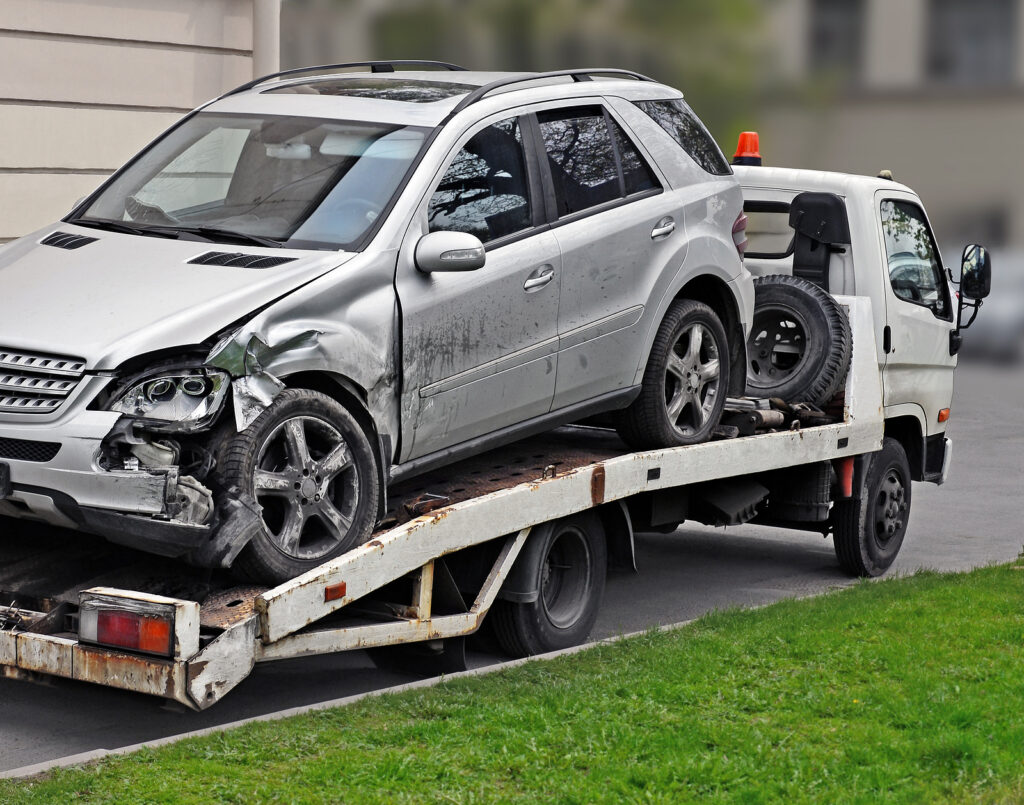All cases follow a certain timeline. The first step is the arraignment, which is the first appearance in court where the charges are formally read. Decisions are made at the arraignment about whether or not the person will be allowed to go home on their own recognizance or whether they have to post some amount of bail money or follow some sort of conditions. Both bail and other pre-trial conditions of release are simply designed to ensure that the person attends all required future court appearances. All cases thereafter, unless they’re otherwise pled out, go to what they refer to as a pretrial hearing.
At the pretrial hearing, your lawyer and the district attorney discuss what discovery will be produced prior to trial. Discovery can include things like documents (police reports, medical records, registry of motor vehicle documents, lab reports, photos, etc.), as well as identifying information of witnesses and other things needed to prepare for trial. The timeline for the case will also be discussed at the pre-trial hearing.
Many cases, particularly drug cases, involve what they refer to as motions to suppress evidence, due to searches that are believed to be illegal. We will often have a motion hearing to decide whether or not the police did their job correctly, including whether they had probable cause or appropriate level of suspicion to stop or search a person. If the judge finds that the stop or search is illegal, the evidence found by the police cannot be used at trial. In many drug cases a successful motion to suppress evidence can be the deciding factor between winning and losing.
Following that, the next court appearance is what is typically referred to in Massachusetts as a compliance and election hearing. At the time of this hearing discovery is supposed to have been produced and the person decides which direction to take the case, including whether or not they’re going to go to trial. Oftentimes the next step is to either have a trial or to choose a disposition date where you might enter into a plea deal.
Can a Passenger Be Arrested and Charged If Drugs are Discovered in the Vehicle?
Yes. Someone who is in the vicinity of drugs most often gets charged. But if the drugs are not on their person, the government would have to prove that the person had what is called “constructive possession” of them. In these cases, the prosecutor must produce evidence that you both knew the drugs were there and that you intended to exercise dominion and control over them. For instance, if the drugs are hidden within a console, under a seat or within the trunk of a vehicle; it is not your car; and you are just a passenger that is a case that you should be able to successfully defend. Under those circumstances, it is unlikely the DA can prove that you had any knowledge of the presence of the drugs or that you intended to exercise control over them.
Even if you know the drugs are there, they would still have to prove that you intended to exercise control over them. Perhaps you just got into the vehicle or maybe you saw the driver put the drugs in the car, but they are not your drugs. You did nothing to assert some sort of control over them, such as reaching for them. Under those circumstances, it would also be hard to show constructive possession.
What Are the Potential Penalties Associated with a Drug Offense Conviction?
The penalties for drug dealing vary by the type of drug and amounts possessed. Using the classes of drugs, A through E, the penalties follow a declining scale in the amount of prison time. For instance, for a Class A, most typically heroin, the maximum penalty is up to 10 years in state prison. There is a house of correction alternative of 2 ½ years, and the person can also receive a fine of between $1,000 and $10,000. Class B drugs, most typically cocaine, are basically the same sentence as for Class A. Class C drugs, which are downers and barbiturates, have a maximum penalty of up to five years in state prison.
There is a house of correction alternative and a fine for Class D drugs, with the maximum penalty being 2 ½ years and/or a fine. For Class E drugs, there is a maximum penalty of 9 months and/or a fine. There are increases for subsequent offenses. So, if a person commits a second similar offense, even if it is in a different state, they can count the Massachusetts offense as a second offense.
The penalties are much greater when you are dealing with a subsequent offense. Massachusetts basically says if you committed a substantially similar offense, which has the same elements in another state, and you commit it here, they can call it a second or subsequent offense. So, with a Class A offense with a subsequent offense, you are looking at between 3 ½ to 15 years in state prison. There is a mandatory minimum sentence under that 3 ½ years. You can be eligible for parole, even in those mandatory minimum sentences, after serving at least half the maximum sentence, unless the offense involved violence or the use of a weapon.
Other aggravating factors that can lead to greater sentences, include whether the drug dealer directs other people to deal for them. Or if you were dealing any type of drug classes, A through C, to minors, or if you were inducing a minor to sell for you, you are going to receive a much more serious sentence and will not be eligible for any type of early parole.





